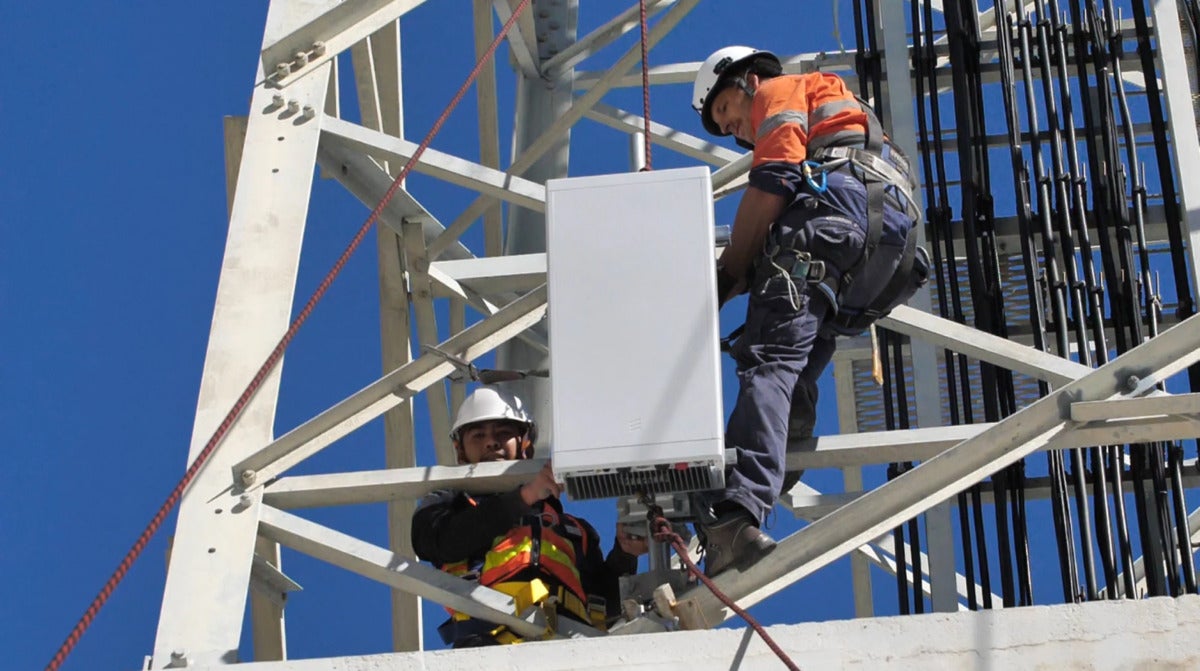- The Significance of Cybersecurity within AI Governance
- The Evolution of SOC: Harnessing Data, AI and Automation
- How to disable ACR on your TV (and stop companies from spying on you)
- I expected this cheap multitool to be a waste of money, but it's my new a toolbox essential
- Have The Last Word Against Ransomware with Immutable Backup
EU countries reject plan for big tech companies to fund 5G rollout

Telecom ministers from at least 18 EU countries have rejected a proposal by network operators to have major technology companies fund the rollout of 5G and broadband.
The proposal, put forward by telecom lobbying groups GSMA and ETNO, which represent 160 operators across Europe, says that big tech companies that account for more than 5% of a provider’s peak average internet traffic should help foot the bill for rolling out the services across Europe.
The EU launched a consultation on the issue in February 2022. According to a report by Reuters, telecom ministers met with EU Commissioner Thierry Breton to raise their objections, with those who are against the proposal saying there is a lack of analysis to prove the measure would actually work, with some citing concerns that tech companies would end up passing these costs onto the consumer.
The report also said that some ministers are worried the proposal could potentially violate the EU’s net neutrality rules, which require all internet traffic to be treated without discrimination, blocking, throttling or prioritization
However, not every country has rejected the plan. While Reuters reported that Denmark, Finland, Germany, Ireland, and the Netherlands were among those who criticized the plan, France, Greece, Italy, and Spain make up a group of 10 countries who support the idea.
Google, Apple, Meta, Netflix, Amazon and Microsoft — all of which would most likely be the target of any network fee levy — have rejected the idea, arguing that they already invest heavily in in the region’s digital ecosystem.
Breton is expected to present a summary of the feedback submitted to the consultation by the end of June, according to the report, at which point the proposal can either move ahead to be negotiated by the European Parliament, or scrapped.
“We urge the Commission to consider the evidence, listen to the range of organisations who have voiced concerns, and abandon these misguided proposals as quickly as possible,” Markus Reinisch, Meta’s vice presdient for public policy for Europe, said in a blog post last month.
“Allowing selected telecom operators to charge twice for the same infrastructure… will harm net neutrality, the structure of the open internet, as well as consumers without any guarantee of more investment in networks,” he said.
Copyright © 2023 IDG Communications, Inc.

